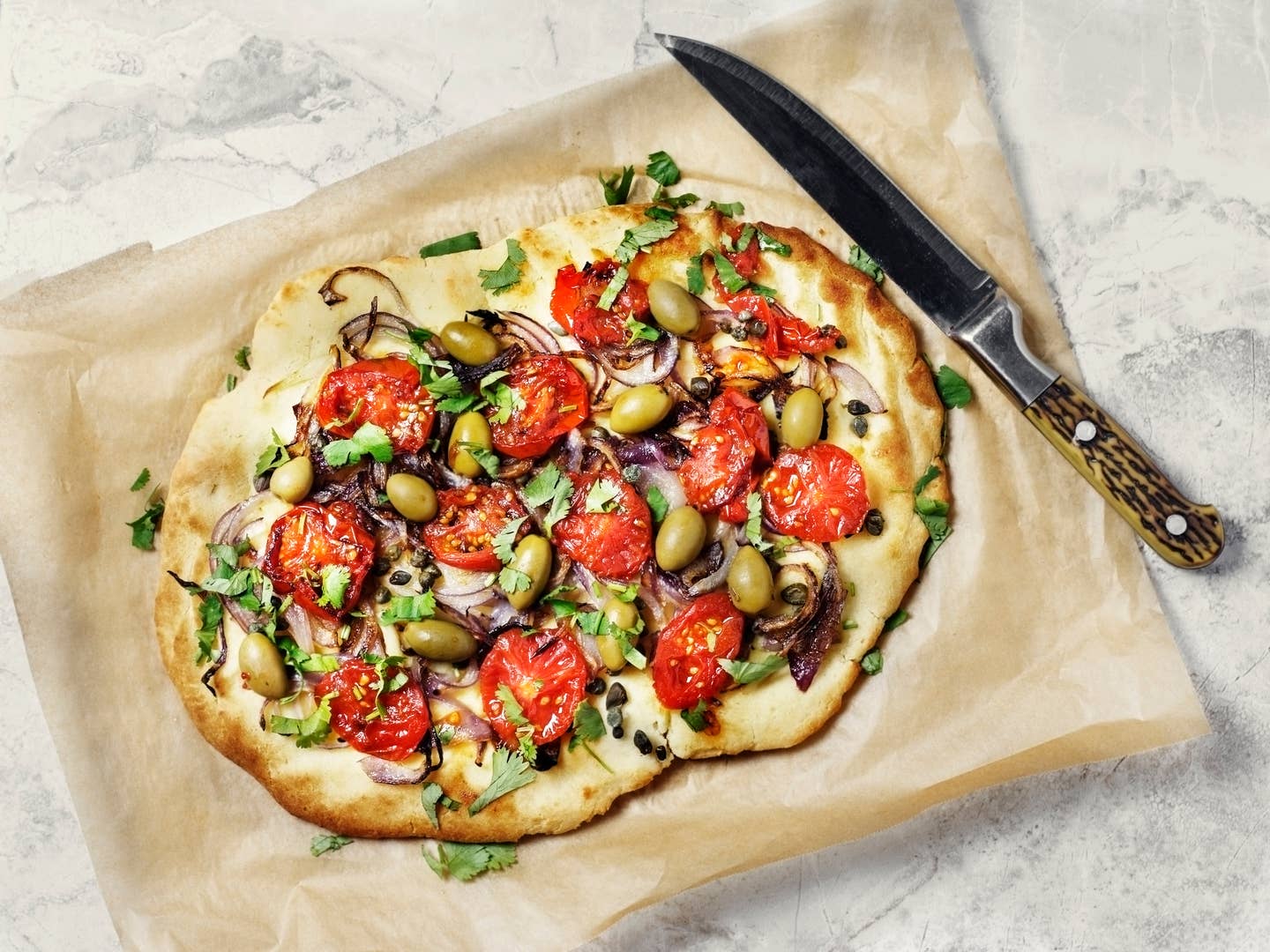
Breaking Up With Cheese Is Easier Said Than Done
Ahh....Cheese. We've broken up many times before. For me, cheese is like a bad boyfriend with a cool job and a great car. You love the perks but the interaction is always painful and you regret accepting the invitation to dinner. You know what I mean right? Don’t leave me hanging.
Is Cheese Really Liquid Meat?
I have not eaten meat in a long time. It was one of the first foods that I stopped eating in an effort to fight inflammation. I was never really sure if meat was the sole reason why my body hurt after a meal but I have to consider that once I stopped eating meat, I felt different. You have to understand that meat was on speed dial in my house. Our weekly menu included: Meatloaf Monday, taco Tuesday, and Freestyle Friday which featured BBQ spare ribs. And don't get me started on all of the fast-food burger and chicken meals we would grab at any given moment.
I actually removed meat from my diet for about a month a few years ago and then I never looked back. I consider myself a recovering cheeseburger-holic so I was actually pretty pleased with my newfound meat-free choices. In the beginning, there was a whole lot of pasta and mushrooms! While hanging out with a good vegan friend, I mentioned my love of NY-style pizza and she stopped dead in her tracks. She announced that cheese was liquid meat so I shouldn't be so eager to pat myself on the back. Whoa! Talk about a visual.
Is Cheese Bad for You?
For every report that says that cheese causes inflammation, you can find one that says that it doesn't. So trying to make sense of all of the data can be a challenge. After combing the Internet, I have some understanding of the dilemma. We know that diets that are high in saturated fats are connected to obesity and obesity is connected to chronic inflammation. Consider that cheese is high in saturated fats. Consider that I was eating a lot of it. I can recall the days of eating an egg and cheese sandwich for breakfast, a grilled cheese sandwich for lunch, and a plate of lasagne for dinner. Maybe that's why I was feeling so yucky. Seeing it here and black and white makes me cringe.
On a positive note, we also know that cheese and its dairy cousins yogurt and milk offer calcium and vitamin D. Studies have shown that the probiotics in yogurt help make it a good choice for its anti-inflammatory properties. So what's a girl to do?
You Have to Listen to Your Own Body
The truth is, only you know how you feel after ingesting cheese and other dairy products. If I'm being completely honest, I'm going from plant-curious to plant-focused and that means I'm thinking more and more about animal products in general. As each day passes, I'm finding new ways to get all of the nutrients I need without cheese, milk or eggs. I have never been diagnosed as lactose intolerant. But I do know that months after eliminating cheese from my plate, I don't really miss it. I also feel good about skipping it since it has been found to clog arteries, cause high cholesterol and heart disease. I'm just going to go ahead and say "No Thank You" to all of that.
If You Must Have Cheese, Try to Make It Dairy-Free
Let's be realistic. It may not be easy to avoid cheese altogether. I understand that we all are out here trying to do our best. It's hard enough to make healthier food choices without feeling guilty about trying to get it right every time. We have to be kinder to ourselves. When you're able, try swapping out your favorite dairy-based cheese for a vegan alternative. You can find The Beet's guide to the best dairy-free cheeses on the market to help steer you in the right direction.
To find more of LA's tips, recipes, and advice find her @therealblackgirlseat and her visit her website, Black Girls Eat to learn more about going from plant curious to plant-focused.
More From The Beet






